Puyudi Yang
BOSH: An Efficient Meta Algorithm for Decision-based Attacks
Oct 14, 2019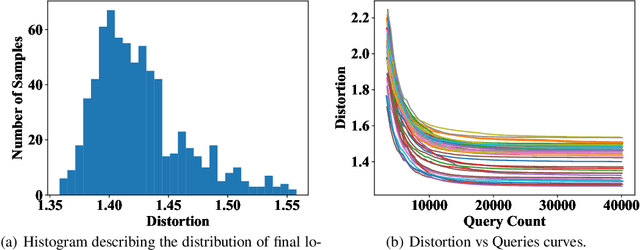

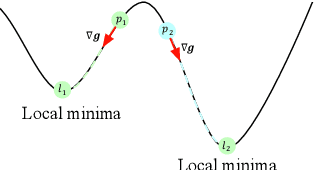
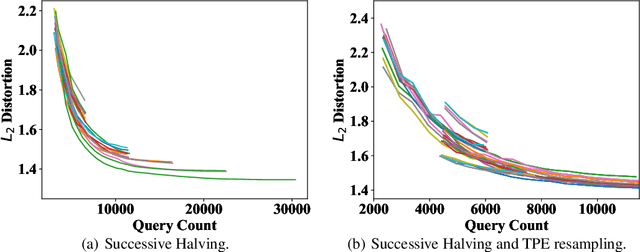
Abstract:Adversarial example generation becomes a viable method for evaluating the robustness of a machine learning model. In this paper, we consider hard-label black-box attacks (a.k.a. decision-based attacks), which is a challenging setting that generates adversarial examples based on only a series of black-box hard-label queries. This type of attacks can be used to attack discrete and complex models, such as Gradient Boosting Decision Tree (GBDT) and detection-based defense models. Existing decision-based attacks based on iterative local updates often get stuck in a local minimum and fail to generate the optimal adversarial example with the smallest distortion. To remedy this issue, we propose an efficient meta algorithm called BOSH-attack, which tremendously improves existing algorithms through Bayesian Optimization (BO) and Successive Halving (SH). In particular, instead of traversing a single solution path when searching an adversarial example, we maintain a pool of solution paths to explore important regions. We show empirically that the proposed algorithm converges to a better solution than existing approaches, while the query count is smaller than applying multiple random initializations by a factor of 10.
ML-LOO: Detecting Adversarial Examples with Feature Attribution
Jun 08, 2019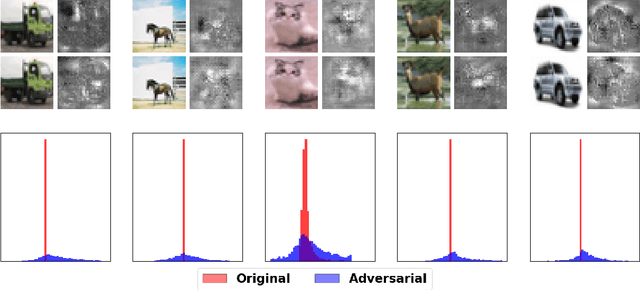
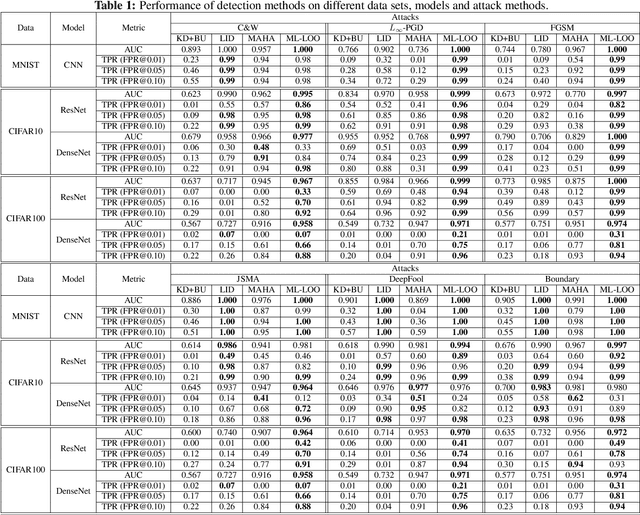

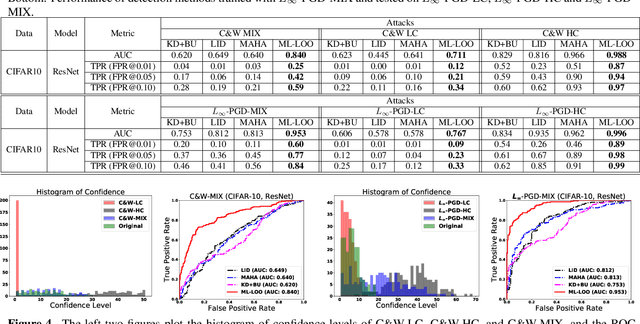
Abstract:Deep neural networks obtain state-of-the-art performance on a series of tasks. However, they are easily fooled by adding a small adversarial perturbation to input. The perturbation is often human imperceptible on image data. We observe a significant difference in feature attributions of adversarially crafted examples from those of original ones. Based on this observation, we introduce a new framework to detect adversarial examples through thresholding a scale estimate of feature attribution scores. Furthermore, we extend our method to include multi-layer feature attributions in order to tackle the attacks with mixed confidence levels. Through vast experiments, our method achieves superior performances in distinguishing adversarial examples from popular attack methods on a variety of real data sets among state-of-the-art detection methods. In particular, our method is able to detect adversarial examples of mixed confidence levels, and transfer between different attacking methods.
Greedy Attack and Gumbel Attack: Generating Adversarial Examples for Discrete Data
May 31, 2018

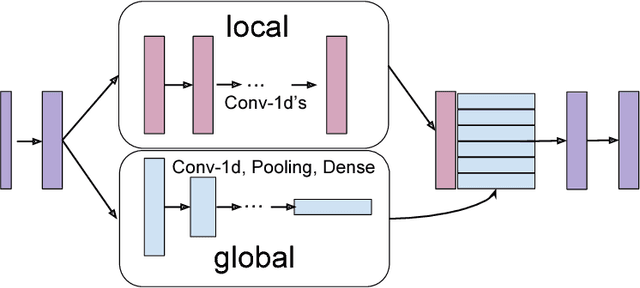

Abstract:We present a probabilistic framework for studying adversarial attacks on discrete data. Based on this framework, we derive a perturbation-based method, Greedy Attack, and a scalable learning-based method, Gumbel Attack, that illustrate various tradeoffs in the design of attacks. We demonstrate the effectiveness of these methods using both quantitative metrics and human evaluation on various state-of-the-art models for text classification, including a word-based CNN, a character-based CNN and an LSTM. As as example of our results, we show that the accuracy of character-based convolutional networks drops to the level of random selection by modifying only five characters through Greedy Attack.
History PCA: A New Algorithm for Streaming PCA
Feb 15, 2018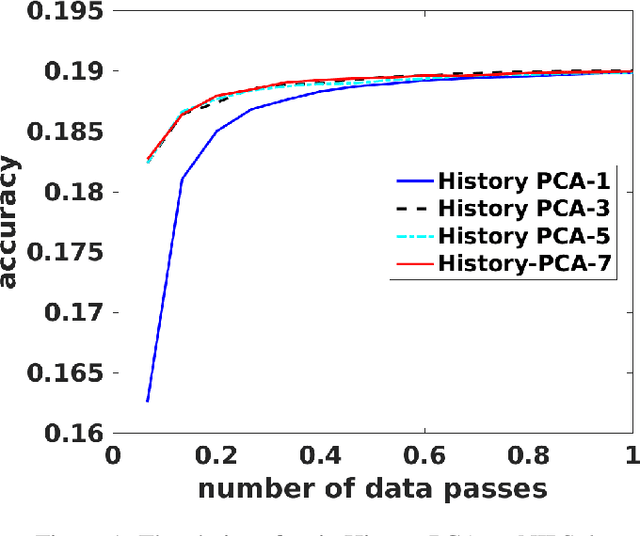

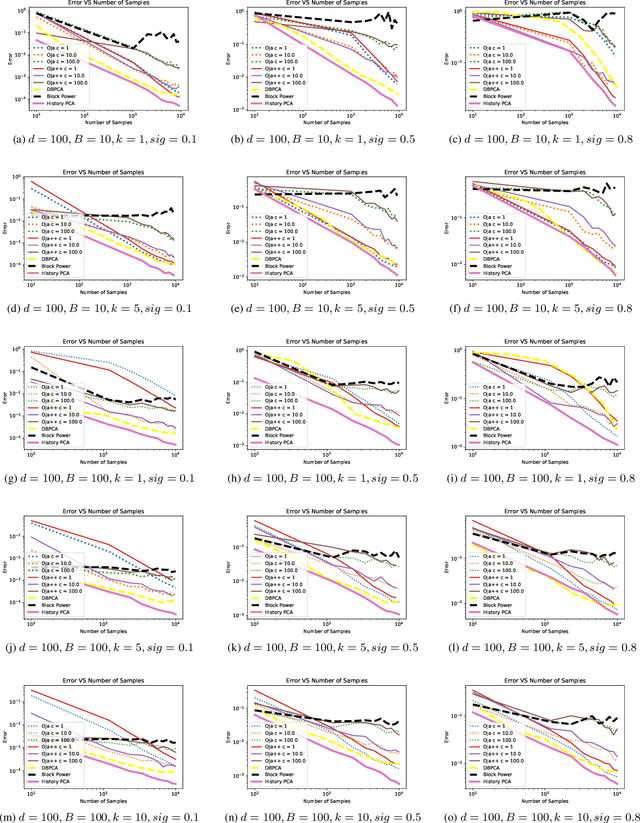
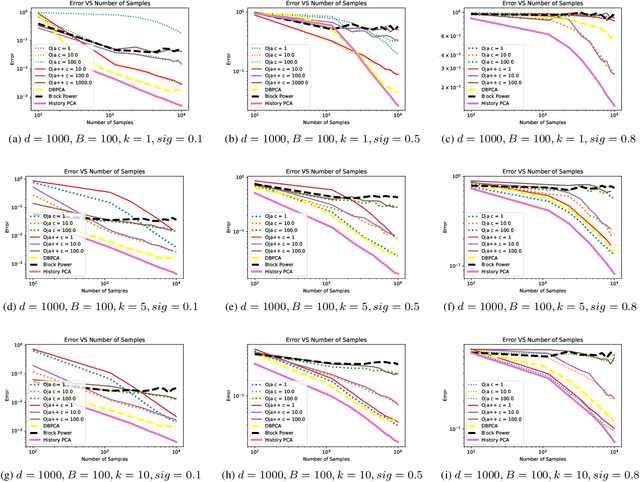
Abstract:In this paper we propose a new algorithm for streaming principal component analysis. With limited memory, small devices cannot store all the samples in the high-dimensional regime. Streaming principal component analysis aims to find the $k$-dimensional subspace which can explain the most variation of the $d$-dimensional data points that come into memory sequentially. In order to deal with large $d$ and large $N$ (number of samples), most streaming PCA algorithms update the current model using only the incoming sample and then dump the information right away to save memory. However the information contained in previously streamed data could be useful. Motivated by this idea, we develop a new streaming PCA algorithm called History PCA that achieves this goal. By using $O(Bd)$ memory with $B\approx 10$ being the block size, our algorithm converges much faster than existing streaming PCA algorithms. By changing the number of inner iterations, the memory usage can be further reduced to $O(d)$ while maintaining a comparable convergence speed. We provide theoretical guarantees for the convergence of our algorithm along with the rate of convergence. We also demonstrate on synthetic and real world data sets that our algorithm compares favorably with other state-of-the-art streaming PCA methods in terms of the convergence speed and performance.
 Add to Chrome
Add to Chrome Add to Firefox
Add to Firefox Add to Edge
Add to Edge